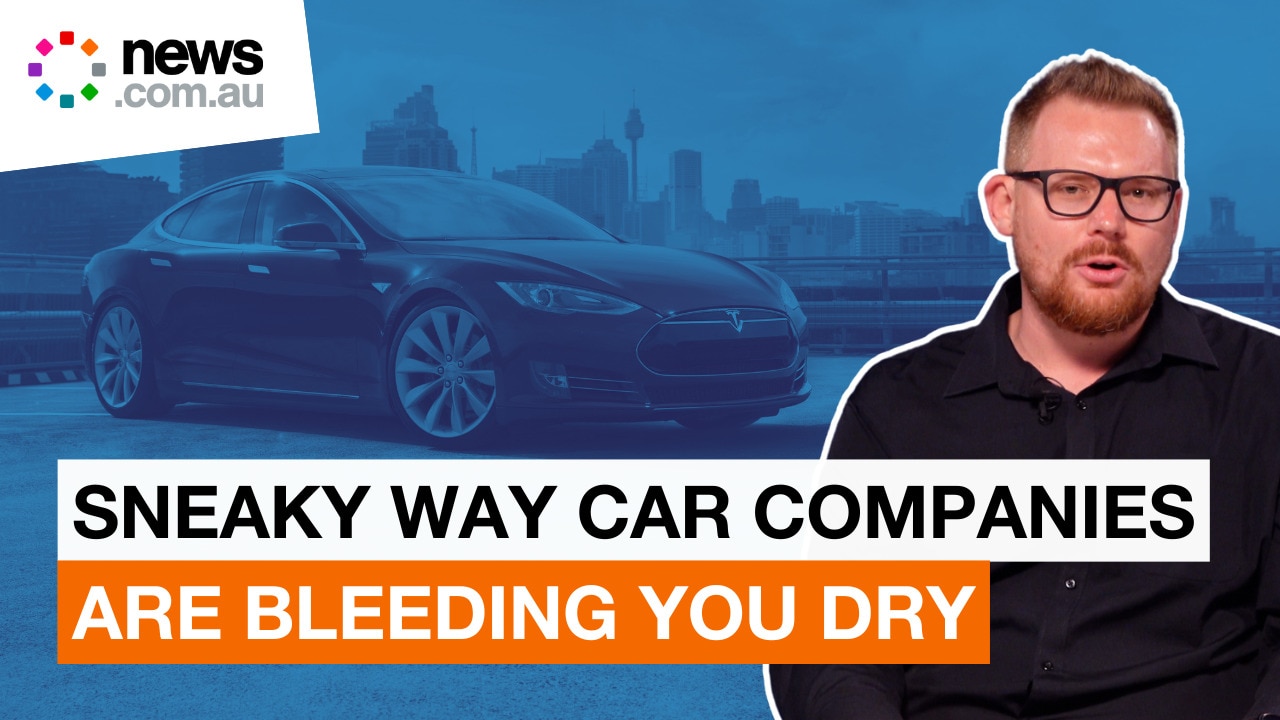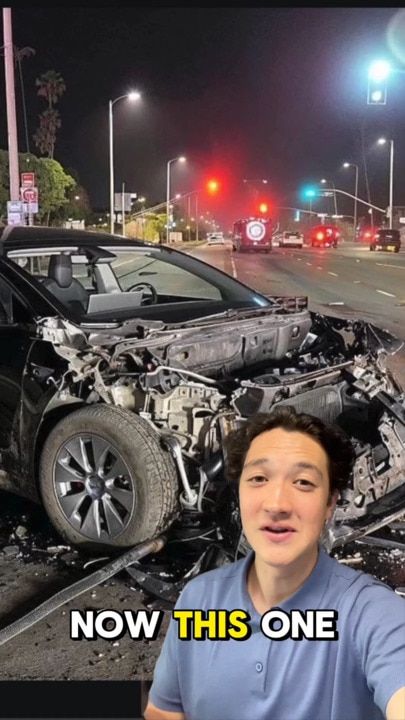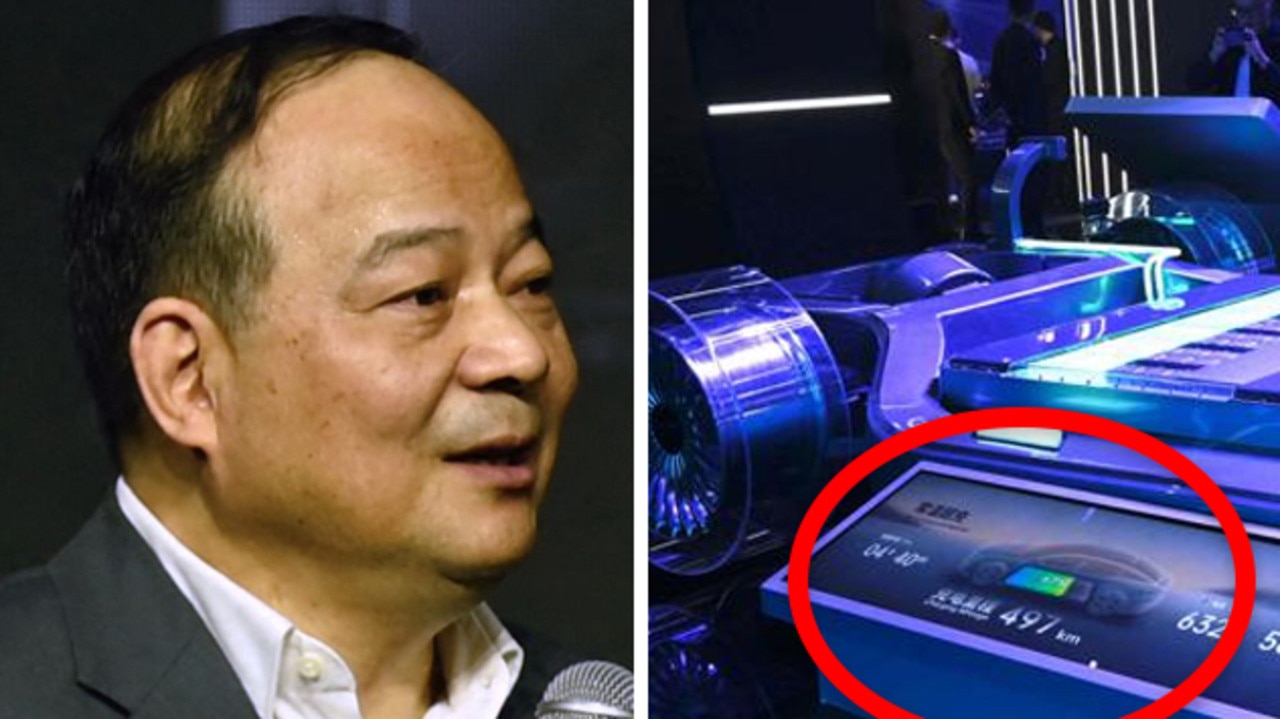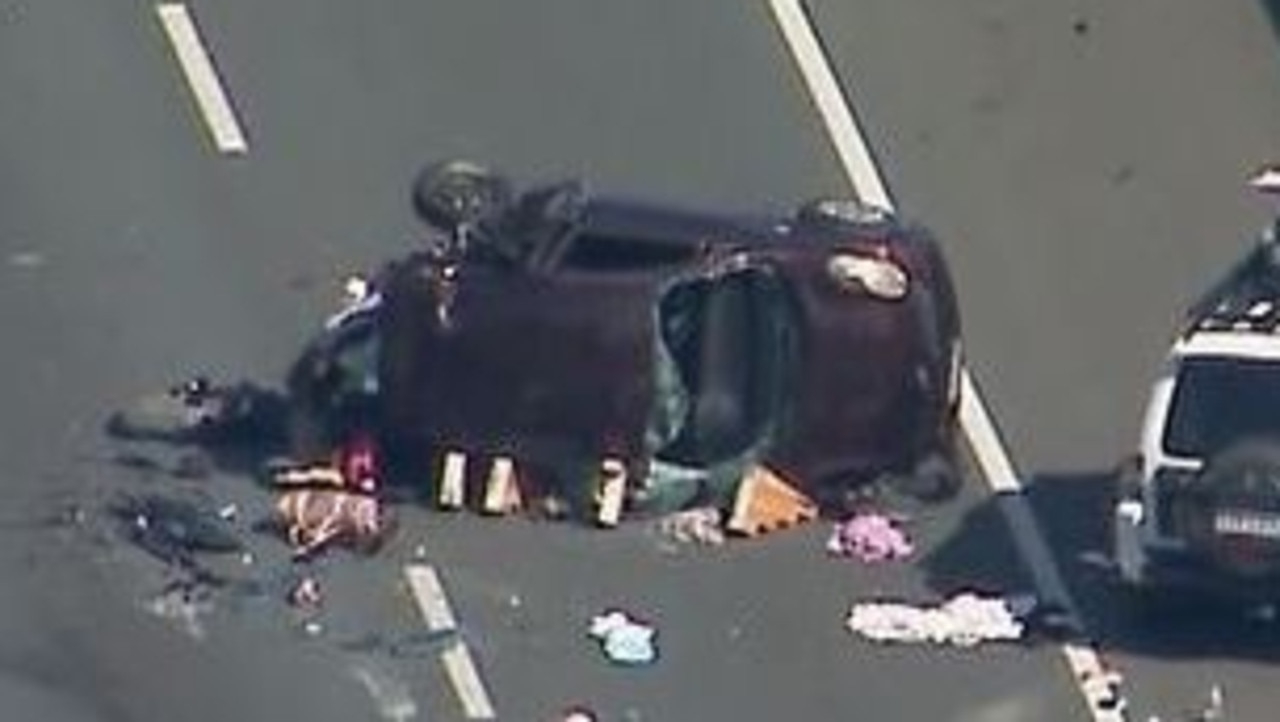Revealed: Aussies admit to lying for cheap car insurance
Thousands of Aussies admit to doing this dodgy act and experts are warning the consequences could be huge.

On the Road
Don't miss out on the headlines from On the Road. Followed categories will be added to My News.
They say ‘honesty is the best policy,’ but does this principle still stand when it comes to insurance?
According to new research, a growing number of Australians are being dishonest on their car insurance applications, with some even turning to artificial intelligence to help support fraudulent claims.
The survey conducted by insurance comparison site iSelect found more than one in 20 Australians admitted to providing false information when applying for car insurance to secure lower premiums.
The study asked more than 3,000 people about their habits behind the wheel.
Among those who confessed to lying, the most common fabrication was parking, with 31.4 per cent of drivers admitting to giving false information about where they park overnight. This was followed by underestimating annual mileage (25 per cent) and misrepresenting the primary use of the vehicle (17.2 per cent).
MORE: Aussie favourite takes on Toyota hybrids


NSW drivers topped the list for dodgy insurance declarations, with nearly 8 per cent admitting to falsifying information. Victorians weren’t far behind at 7.3 per cent, followed by Queenslanders at 6.3 per cent.
Tasmania and South Australia were the most honest, with only 3.7 per cent admitting to lying to get cheaper car insurance.
Younger motorists were also the most likely to fudge the facts, with more than one in seven (15.4 per cent) drivers aged between 18 — to 24-year-olds admitting to stretching the truth.
General Manager at General Insurance Adrian Bennet warns that lying to car insurers to lower premiums can lead to serious issues later on, such as policy cancellations or claim denials.
“While it may be tempting to misrepresent details such as your car’s parking location or annual mileage to lower insurance premiums, doing so can have serious consequences that may end up costing you more in the future, Adrian Bennett said.
MORE: Hyundai’s wild gaming-inspired concept

“Our recent survey found that younger drivers were statistically more likely to mislead insurers; they should be especially cautious, as this could impact their coverage in the future.
“If an insurer discovers false information, they may cancel your policy or deny a claim – leaving you financially responsible.”
However, a concerning trend emerging on social media show individuals are using AI-powered image editing tools to manipulate photos of their vehicles — adding scratches and dents in an effort to submit false insurance claims.
If you are still Ghiblipoasting pivot to light insurance fraud pic.twitter.com/9HrjF4TysN
— illiquidity providooooor (@skyquake_1) March 30, 2025
With access to friendly AI image generators such as ChatGPT, it’s now possible to alter photos with realistic damage by typing prompts such as “add a scratch to the front bumper.”
In a now-viral post on X, a user demonstrated how ChatGPT’s image generation could convincingly modify a photo of a spotless car to show deep side scratches and a shattered tail light.
“If you are still Ghiblipoasting pivot to light insurance fraud,” wrote an X user by the handle @skyquake_1.
A similar post on Instagram highlighted how this AI tool can facilitate fraudulent activities.
An account named Chatgptricks showed a similar photo alongside a screenshot of a fake restaurant receipt created with ChatGPT, stating, “People are already using ChatGPT’s new image generator to create fake receipts and simulate accidents.”
Although the chances of AI-generated images of scratches and dents going undetected are slim, Avinash Singh, Principal Lawyer at Astor Legal, has warned about artificial intelligence’s capabilities in creating false documents.
“This is most commonly seen with the creation of falsified invoices. Previously, these were easily detected as they were done manually. However, with the increased access to AI, falsified invoices now bear a very close resemblance to legitimate ones,” Avinash Singh said.
“We have also seen some examples of AI being used to alter photographs; however, these are far more easily detectable as an in-person inspection of the damaged vehicle or item is conducted by most insurance companies.”
Originally published as Revealed: Aussies admit to lying for cheap car insurance



